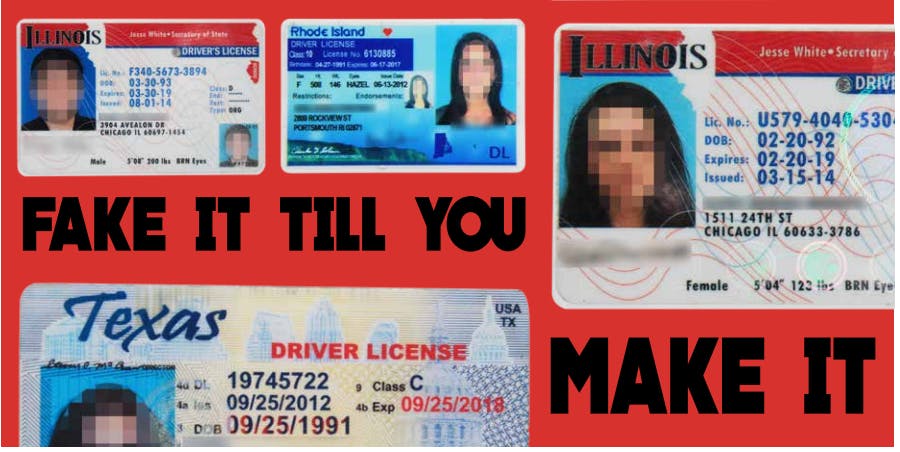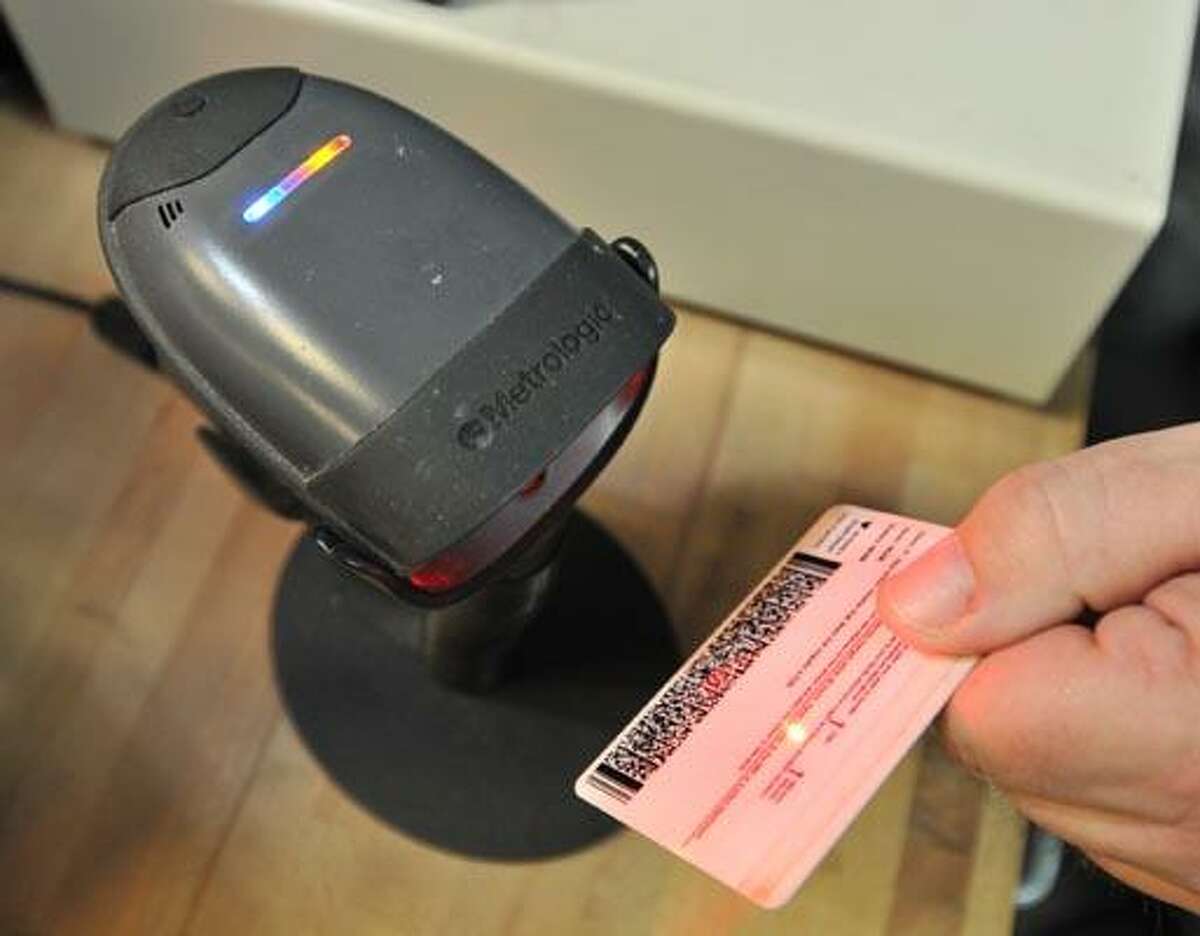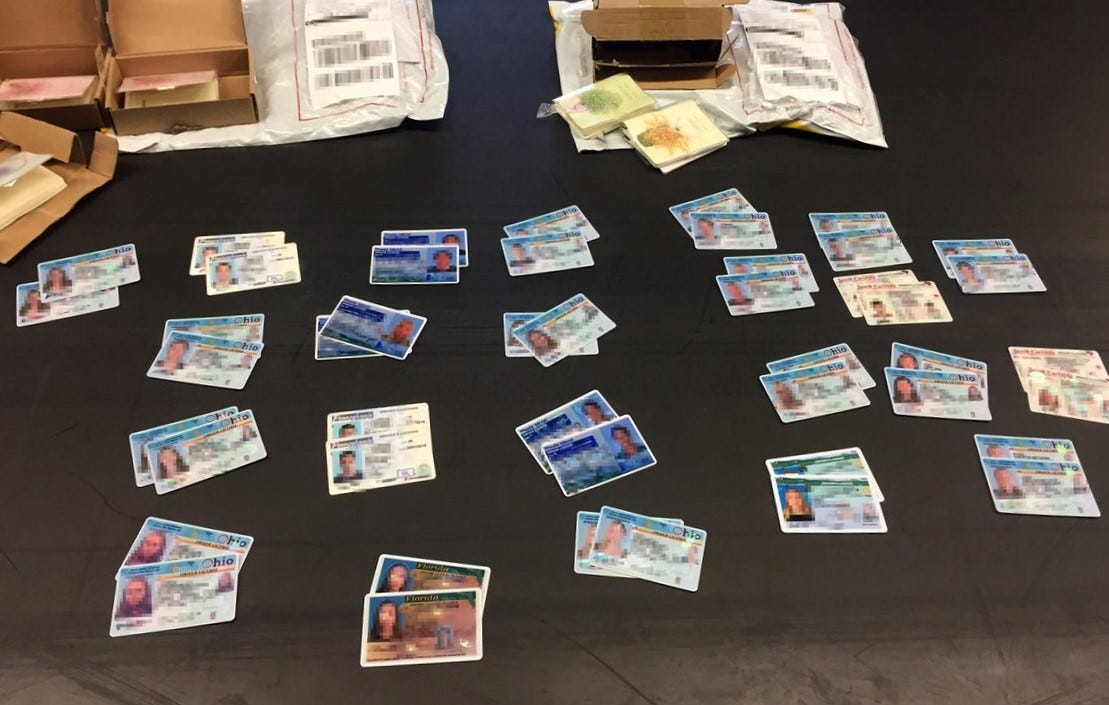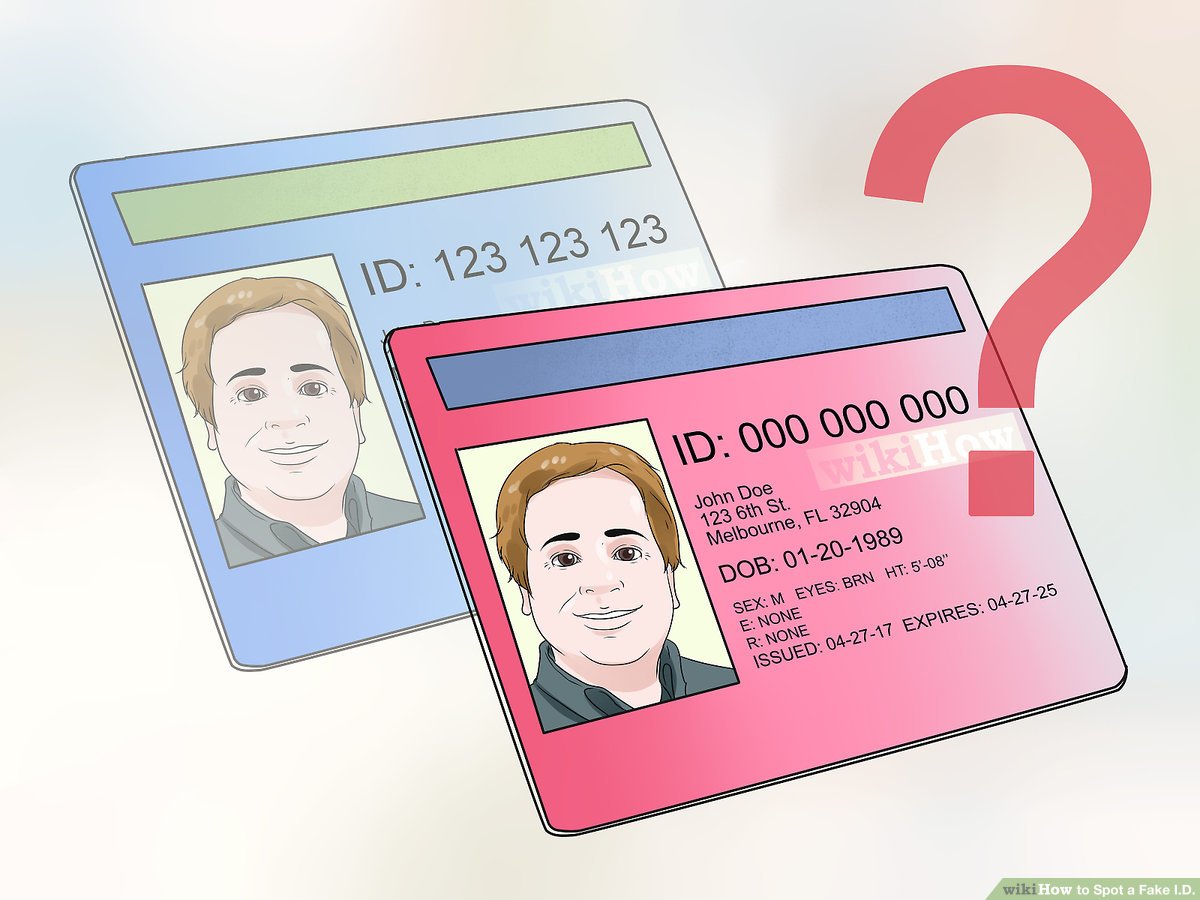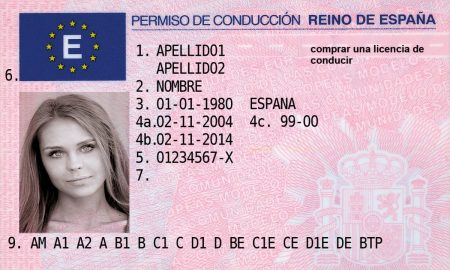Connecticut Scannable Fake Id Charges
2023-05-30 2023-05-30 13:18Connecticut Scannable Fake Id Charges

Connecticut Scannable Fake Id Charges
The consequences of using fake identification can be severe. In Connecticut, the possession, manufacturing, and use of fake IDs are illegal. These offenses are chargeable as misdemeanors or felonies depending on the specific circumstances. This article will cover Connecticut Scannable Fake Id Charges, including the penalties and defenses associated with these offenses.
What is a Scannable Fake ID?
Scannable fake IDs are counterfeit identification cards designed to deceive authorities into accepting them as genuine. They are often indistinguishable from real ID cards and may include accurate personal information and a photograph of the person using the fake ID.
These IDs may be created through several methods, including traditional printing techniques and sophisticated computer programs. Some scannable fake IDs may have magnetic stripes or barcodes that can be read by scanners, making them appear even more legitimate.
Connecticut Scannable Fake ID Charges
In Connecticut, using or possessing a fake ID is a criminal offense. On a first offense, possession of a fake ID is a Class D misdemeanor punishable by a fine of up to $250. For repeat offenders, the penalty increases to a Class C misdemeanor, with fines up to $500.
The manufacturing, distribution, or sale of fake IDs is a more severe offense. In Connecticut, the manufacture, sale, or provision of false identification to minors is a Class B misdemeanor that carries a maximum sentence of six months in jail and a fine of up to $1,000. If the fake ID is intended for use in a criminal enterprise, the charge may be elevated to a more serious felony offense.
Penalties for Scannable Fake ID Charges
The penalties for scannable fake ID charges vary depending on the specific offense and the defendant’s criminal record. In general, charges for possession of a fake ID are less severe than those for the manufacture or distribution of counterfeit IDs.
For a first offense, possession of a fake ID is typically a Class D misdemeanor punishable by a fine of up to $250. Repeat offenders may face steeper fines and more severe penalties, including community service or imprisonment.
Penalties for the manufacture, sale, or provision of false identification to minors are more severe. Conviction for a Class B misdemeanor charge may result in a jail sentence up to six months and a fine of up to $1,000. For more serious offenses, the sentence may be longer, and the fines may increase.
Defenses for Scannable Fake ID Charges
If you have been charged with a scannable fake ID offense, there are several defenses that you may be able to use in your case.
One of the most common defenses is to argue that the ID you were using or possessing was not fake. This defense can be challenging to prove, as the prosecution will likely have evidence, such as witness testimony or expert analysis, indicating that the ID is false.
Another defense strategy is to argue that you did not know the ID was fake. If you can demonstrate that you believed the ID was legitimate, you may be able to avoid conviction for possession or use of a fake ID.
Finally, you may be able to argue that the police violated your rights when they found or confiscated the fake ID. This defense may be most applicable if the police conducted an illegal search or seizure, such as by stopping you without reasonable suspicion or searching your belongings without a warrant.
Avoiding Scannable Fake ID Charges
The best way to avoid scannable fake ID charges is not to use or possess a fake ID. While it may be tempting to obtain a fake ID to purchase alcohol or enter a club or bar, the consequences of getting caught can be severe.
If you are under the legal drinking age, it is important to remember that alcohol consumption can result in legal charges, even if you have a fake ID. The best way to avoid legal problems related to alcohol is to wait until you are of legal age to drink.
If you do need to verify your age, consider using alternative forms of identification, such as a passport or birth certificate. While these IDs may be less convenient than a fake ID, they are legal and may be used in situations where age verification is required.
Conclusion
Connecticut Scannable Fake ID Charges can result in severe penalties, including fines, community service, and imprisonment. If you have been charged with a scannable fake ID offense, it is important to consult with an experienced criminal defense attorney, who can help you navigate the criminal justice system and develop an effective defense strategy. Remember, the best way to avoid fake ID charges is not to use or possess a counterfeit ID.
